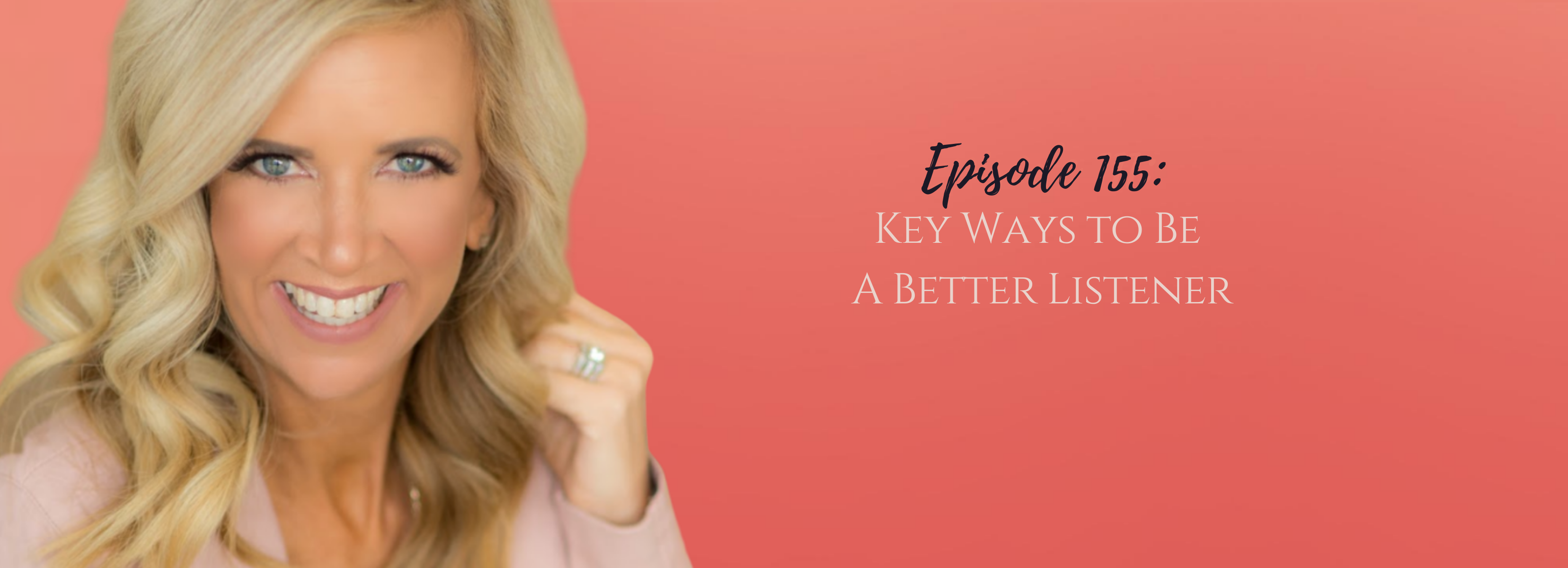
Key Ways to be a better listener| 4.6.2022
In this episode, Kristen shares key ways to be a better listener and how you can improve your relationships with others.
You'll Learn
- Why listening to others is difficult
- How to listen and make others feel heard
- Questions a better listener asks
- How to be more present with others
Resources
For counseling services near Indianapolis, IN, visit www.pathwaystohealingcounseling.com.
Subscribe and Get a free 5-day journal at www.kristendboice.com/freeresources to begin closing the chapter on what doesn’t serve you and open the door to the real you.
Subscribe to the Close the Chapter YouTube Channel
This information is being provided to you for educational and informational purposes only. It is being provided to you to educate you about ideas on stress management and as a self-help tool for your own use. It is not psychotherapy/counseling in any form.
[fusebox_transcript]